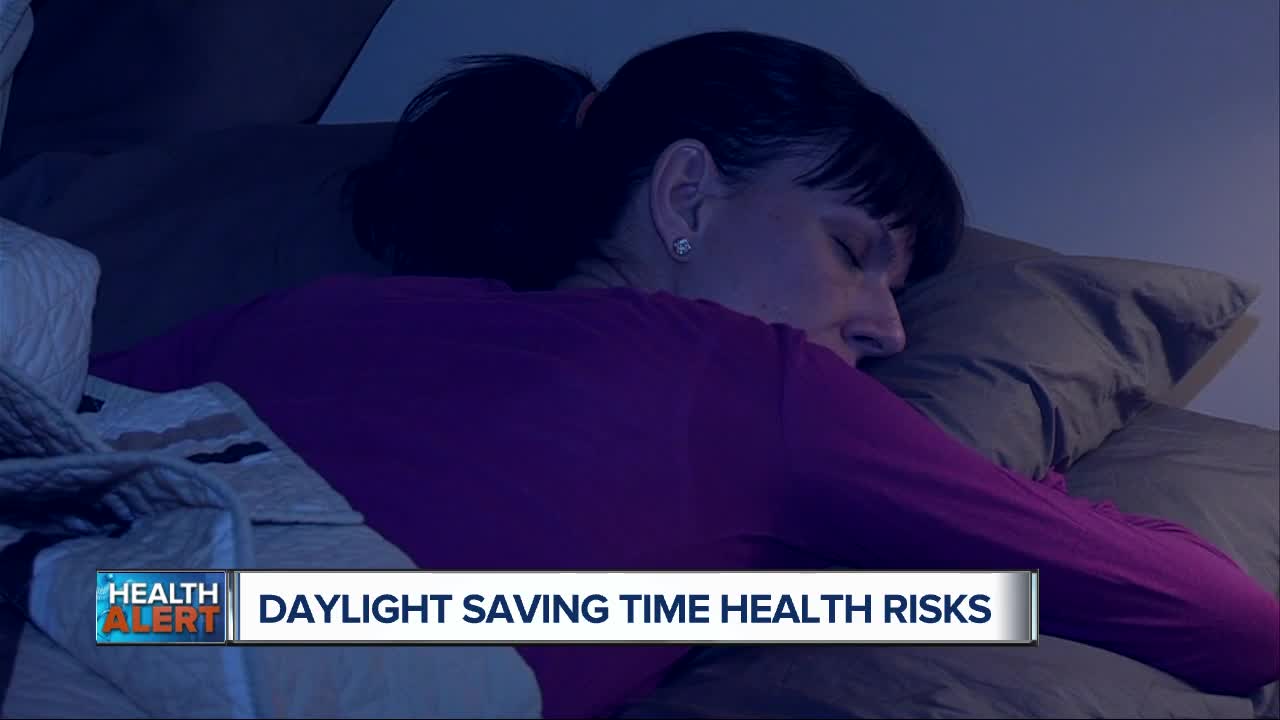(WXYZ) — This weekend, we’ll spring forward one hour for the start of Daylight Saving Time. Losing just an hour of sleep can lead to some serious medical issues, including heart attack or stroke.
Researchers found that switching to Daylight Saving Time increases the risk of having a heart attack on the following Monday by 25 percent, compared to other Mondays during the year. That’s primarily because the loss of sleep causes stress on the body, and can have an impact on people with a history of heart disease.
Interestingly, the risk for a heart attack decreases by 21 percent in the fall, when we return to standard time and gain an hour of sleep.
Being sleep deprived after switching to Daylight Saving Time can also create problems with memory, learning, social interactions, and overall cognitive performance.
Studies have found that traffic accidents and workplace injuries increase on the Monday after the time change, because of tiredness.
Question: What can people do to lessen the impact of Daylight Saving Time on their body?
Your regular sleep pattern can be affected for five to seven days after changing the clock. So, here’s what you can do to fall asleep naturally:
• First, stick to your daily routine. And, if possible, add to it.
• Avoid caffeinated beverages eight hours before bedtime.
• Eat a light supper.
• And, go to bed 15 minutes earlier than your normal bedtime. You can even start doing that tonight. Remember, sleep does a body good.
Question: Do you offer the same advice for children and teens?
Yes, the time change can be especially difficult on a child’s sleep habits. Especially if they have bipolar disorder, autism, anxiety or insomnia. So, children should not eat a heavy meal or have caffeinated drinks before bedtime. Keep their bedrooms dark and cool. And make sure they turn off their phones, tablets and televisions.
-----------------------------------------------------
Join Dr. Nandi this Sunday as he discusses the drastic shortage of homes for foster children. Experts speak out about the impact of the opioid crisis along with the challenges and trauma both children and foster parents face. One guest shares how her child-molesting step-father led to a string of foster homes, with one particular foster parent exploiting her as a round-the-clock live-in babysitter. Another former foster child shares her heartfelt journey due to her mother’s emotional state, and how a loving foster parent can positively impact the outcome of one’s life. Tune in on Sunday March 10th at 1 pm.



